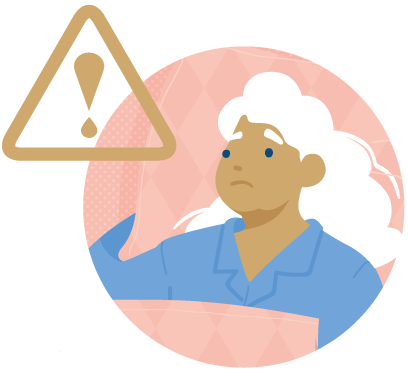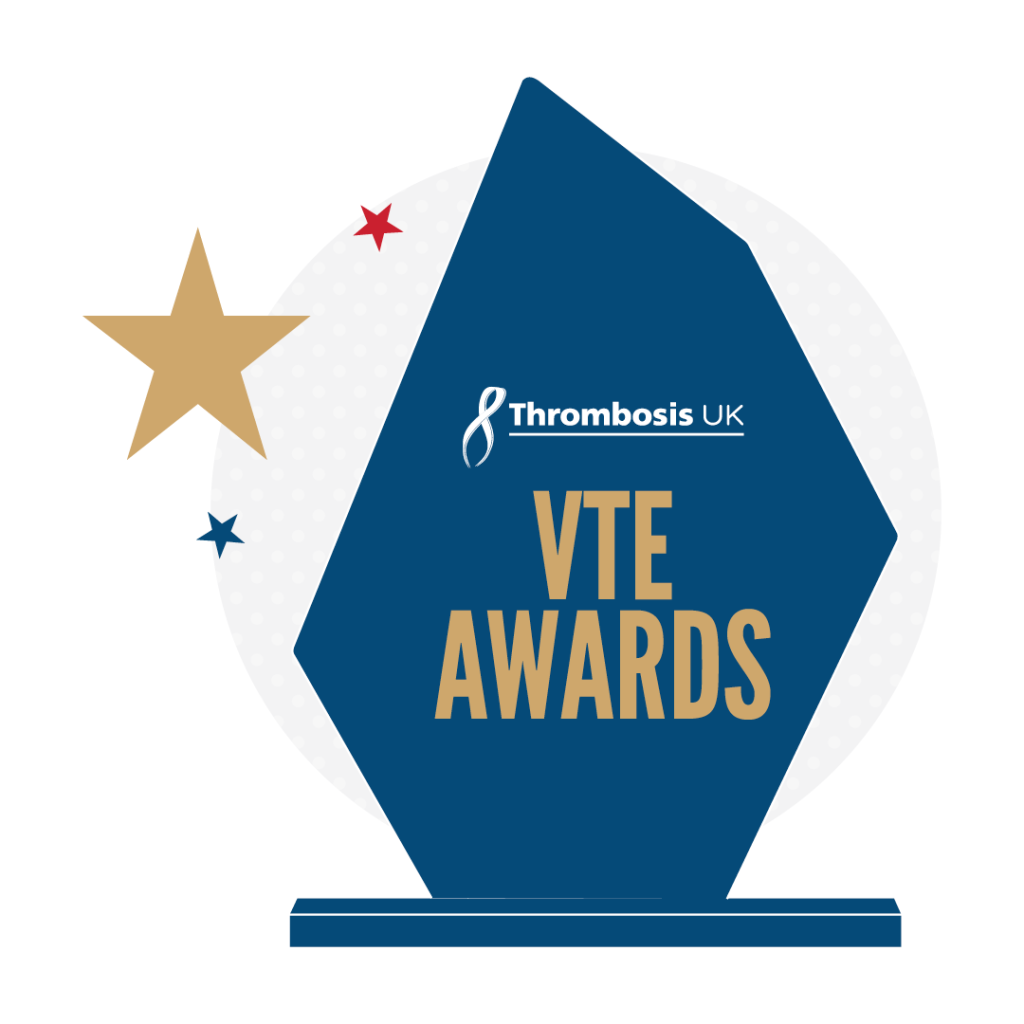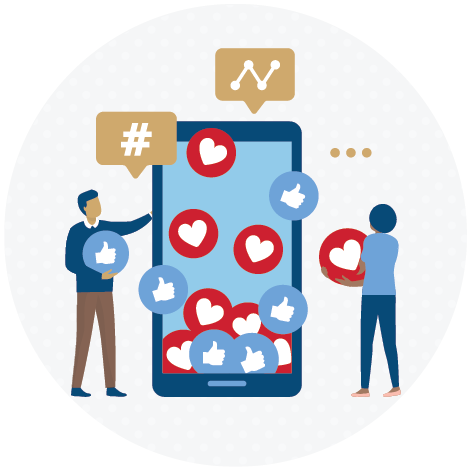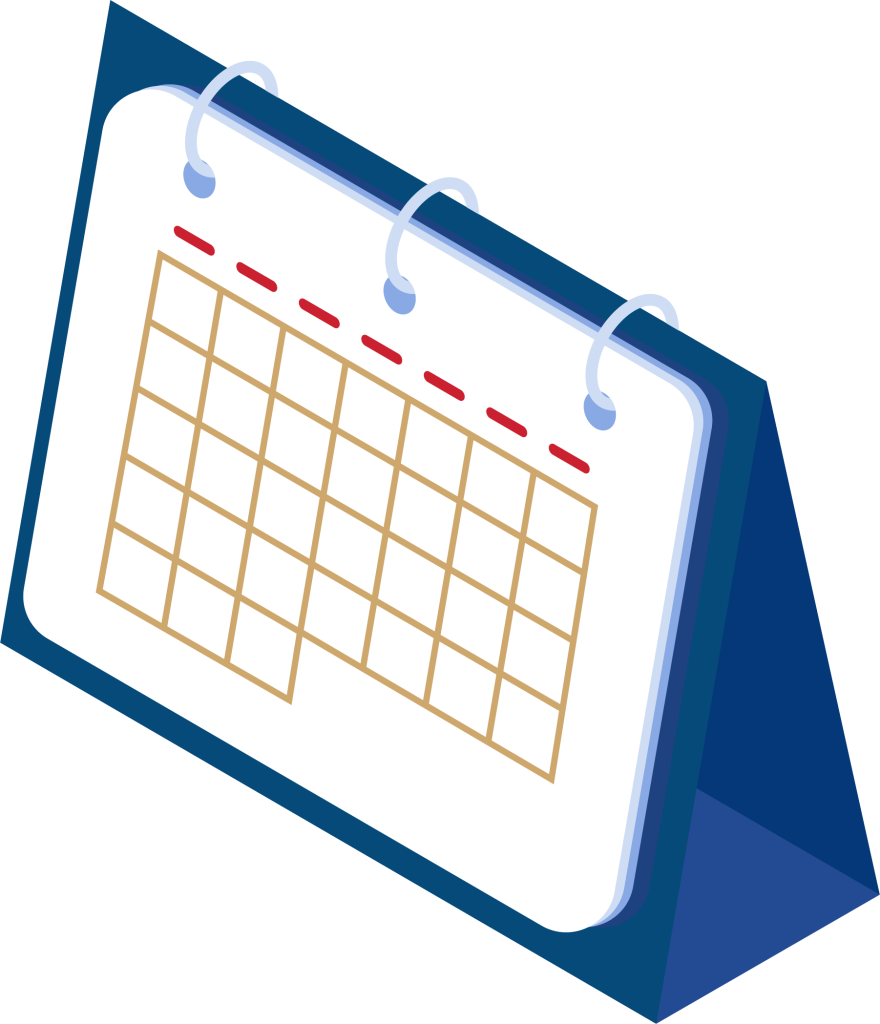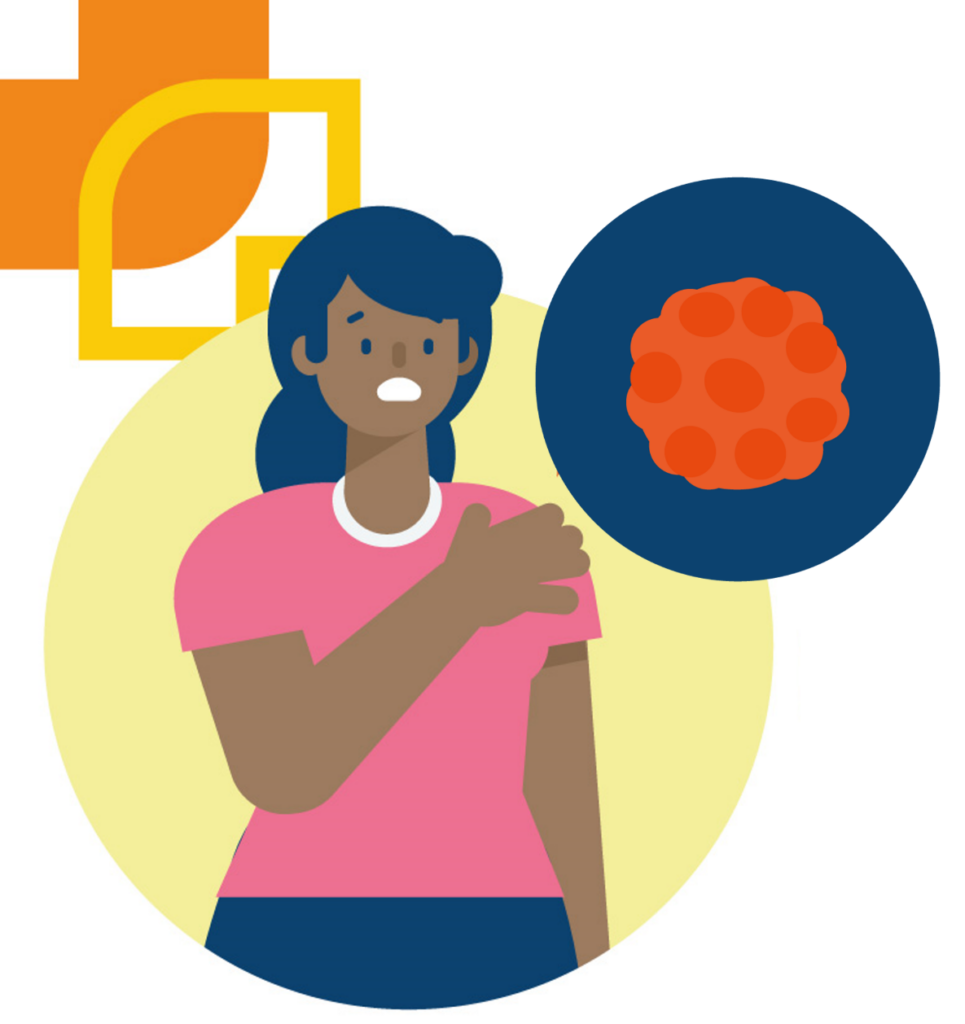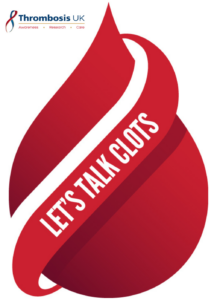 My first experience of blood clotting occurred in 2016 following an overnight coach journey from Glasgow to London. As it was a budget coach company, there were no rest stops on the journey and was fully booked with very little leg room. When I got off the coach, I found myself short of breath and assumed I was having a panic attack (though I’d never experienced one before). I keeled over, hanging onto a railing to try and catch my breath. As it was rush hour, most people passed me by and eventually a kind woman stopped to help me. She helped me with some breathing exercises until I felt ready to continue my journey to the train station. I walked a few steps and collapsed on the floor. Luckily some community service officers were nearby, and they helped carry me into a nearby library to await a paramedic with an oxygen tank. It became apparent that my oxygen levels were dangerously low and I was put in an ambulance.
My first experience of blood clotting occurred in 2016 following an overnight coach journey from Glasgow to London. As it was a budget coach company, there were no rest stops on the journey and was fully booked with very little leg room. When I got off the coach, I found myself short of breath and assumed I was having a panic attack (though I’d never experienced one before). I keeled over, hanging onto a railing to try and catch my breath. As it was rush hour, most people passed me by and eventually a kind woman stopped to help me. She helped me with some breathing exercises until I felt ready to continue my journey to the train station. I walked a few steps and collapsed on the floor. Luckily some community service officers were nearby, and they helped carry me into a nearby library to await a paramedic with an oxygen tank. It became apparent that my oxygen levels were dangerously low and I was put in an ambulance.
When I arrived at the hospital, I had a chest x-ray and discovered that I had suffered a Pulmonary Embolism – blood clots had formed in my legs and travelled up into my lungs. Had it not been identified sooner, it could’ve been fatal. The cause of the clots? My contraceptive pill. Prior to this incident, I had no idea of the associated clotting risks from being on the combined pill.
After spending a couple of days in hospital, I was discharged and had to take a course of blood thinning tablets for 3 months. As a result of the PE, I was no longer able to take the combined pill and was told that I would be more susceptible to blood clotting incidents in the future such as long-haul flights or becoming pregnant and would need to take precautionary measures including blood thinners.
A friend invited me to a private Facebook group linked to Thrombosis UK for people who had experiences of Deep Vein Thrombosis. The group was a great support system for me during this time and was very reassuring to be able to reach out to members with any concerns I had, knowing that they had been through similar experiences.
In 2022, I ruptured my achilles after playing Netball and had to have surgery. Following the surgery, I had to wear a boot and had to inject blood thinners into my stomach for a few weeks. Having never injected these before, it took some getting used to – it was both daunting and painful, but I knew how important it was to keep clots at bay. A few weeks later, at my outpatient appointment I asked whether I needed to continue taking blood thinners based on my previous PE history, but because I was walking, he said I no longer had to take them.
A few days later I felt a deep pain in my injured leg that felt very uncomfortable. I knew my body and knew that something didn’t feel right. I called 111 and they suggested that I go to A&E to get it checked. I had an ultrasound, and it showed that I had developed blood clots in my leg and would need to continue taking blood thinners orally until the clots had dispersed. As I had to have my leg elevated during the recovery period, I spent my working day on the sofa which was both mentally and physically draining.
Later that year I responded to a call out on the Thrombosis UK group looking for volunteers to take part in a study around thrombosis in lower limb immobilisation. I didn’t hesitate to put myself forward based on my experience with DVT – I wanted to do whatever I could to contribute to useful studies that could possibly prevent people from going through what I went through.
At the start of 2024, I broke my right leg (thankfully not the same leg as the achilles injury!) and had to have surgery with pins and screws to hold the bone in place while it healed. Following the surgery, I was told that there would be a minimum of a 6-week recovery period. I would also need to inject myself with blood thinners and I made sure that I notified the doctors of my previous experience of post-surgery recovery. Although it was incredibly difficult to cope with 6 weeks of injections, I was glad that I was vocal about ensuring that I had enough medication to see me through my recovery and thankfully did not experience any clots on this occasion.
While all of these experiences have been difficult, it’s made me more attuned with my body and given me confidence to voice concerns when I know something doesn’t feel right. Only you truly know your body inside out, don’t be afraid to challenge/get a second opinion when you feel like there is something wrong with your body.

